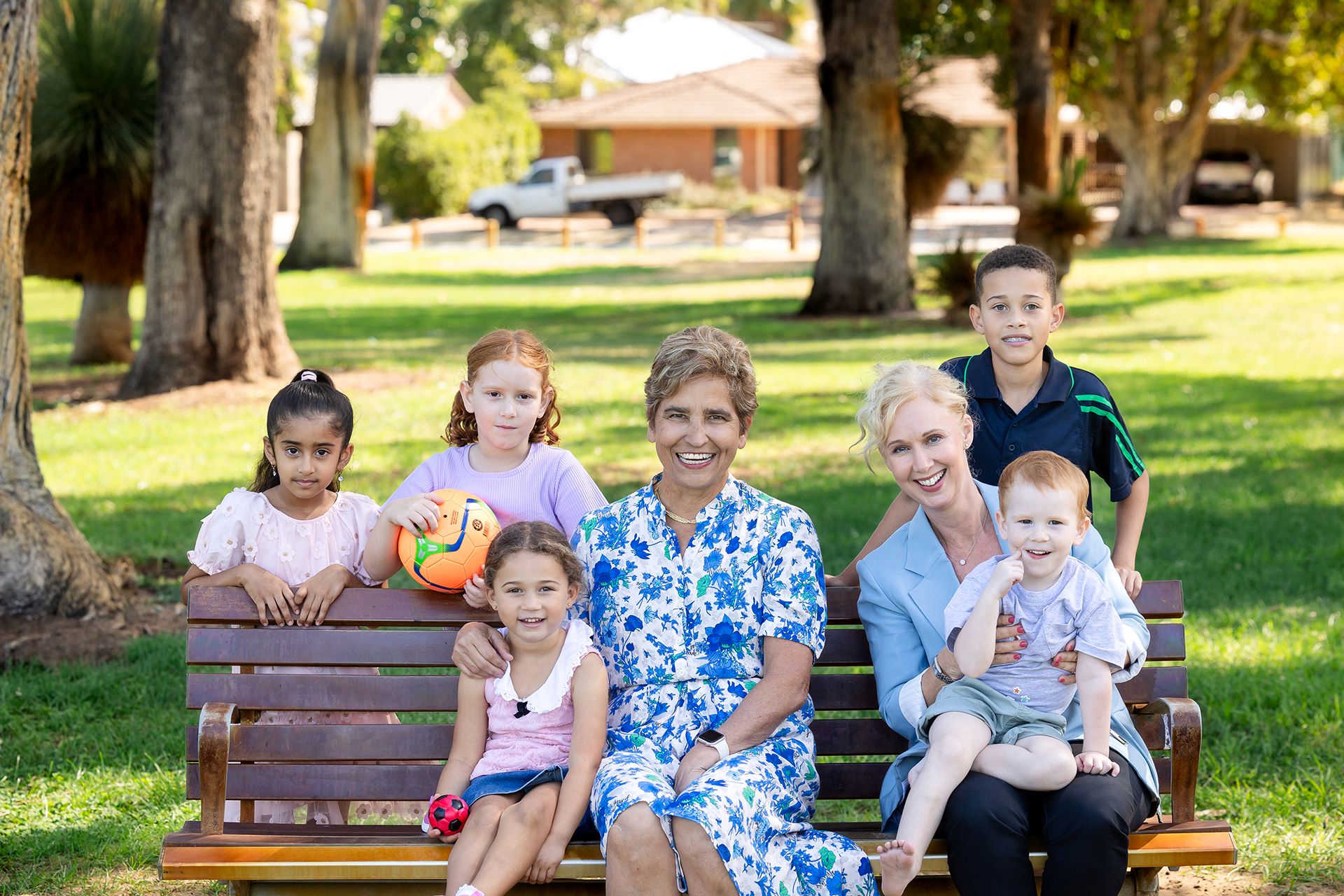Search

Mitochondrial diseases are devastating disorders for which there are no cures or effective treatments. Our project will focus on the prevention of mitochondrial diseases and discovery of effective cures.

ORIGINS is Australia's largest longitudinal cohort study of its kind. Following 10,000 WA children from their time in the womb into early childhood, ORIGINS researchers are working to better understand when and why non-communicable diseases develop, and provide solutions for early intervention to ensure every child and family flourishes throughout their lifetime.
Research
Initiating an undiagnosed diseases program in the Western Australian public health systemWe describe the initiation and summary outcomes of a public health system approach for complex undiagnosed patients- the Undiagnosed Diseases Program - WA
Research
Mental health problems among 4–17-year-olds with hearing problems: results from a nationally representative studyClinicians caring for children and young people with hearing problems should be alert for heightened risk of specific mental health problems based on age and the nature of hearing problems.
Research
Prevalence of microcephaly in an Australian population-based birth defects register, 1980-2015We identified a high proportion of cases without known cause, highlighting the need for clinicians to carefully investigate all possibilities, including emerging infections.
Research
Early introduction of food reduces food allergy – Pro and ConWhen an infant is developmentally ready, a variety of nutritious foods should be introduced including the ‘more allergenic’ foods during infancy
Research
The collective impact of rare diseases in Western Australia: An estimate using a population-based cohortThis cohort study provides new evidence of a disparity between the proportion of the population with rare diseases and their combined health-system costs
Research
Investigating self-efficacy, disease knowledge and adherence to treatment in adolescents with cystic fibrosisadolescents with cystic fibrosis are often sub-optimal with adherence to prescribed treatement. We aim to investigate multiple factors with patient and parents
Research
A Phase I Study of the CDK4/6 Inhibitor Ribociclib (LEE011) in Pediatric Patients with Malignant Rhabdoid Tumors, Neuroblastoma, and Other Solid TumorsIn this. i study the MTD and RP2D, safety, PK, and preliminary activity of single-agent ribociclib were investigated in patients with neuroblastoma.
Research
Development of the Aboriginal Communication Assessment After Brain Injury (ACAABI): A screening tool for identifying acquired communication disorders in Aboriginal Australians.Acquired communication disorders (ACD), following stroke and traumatic brain injury, may not be correctly identified in Aboriginal Australians
